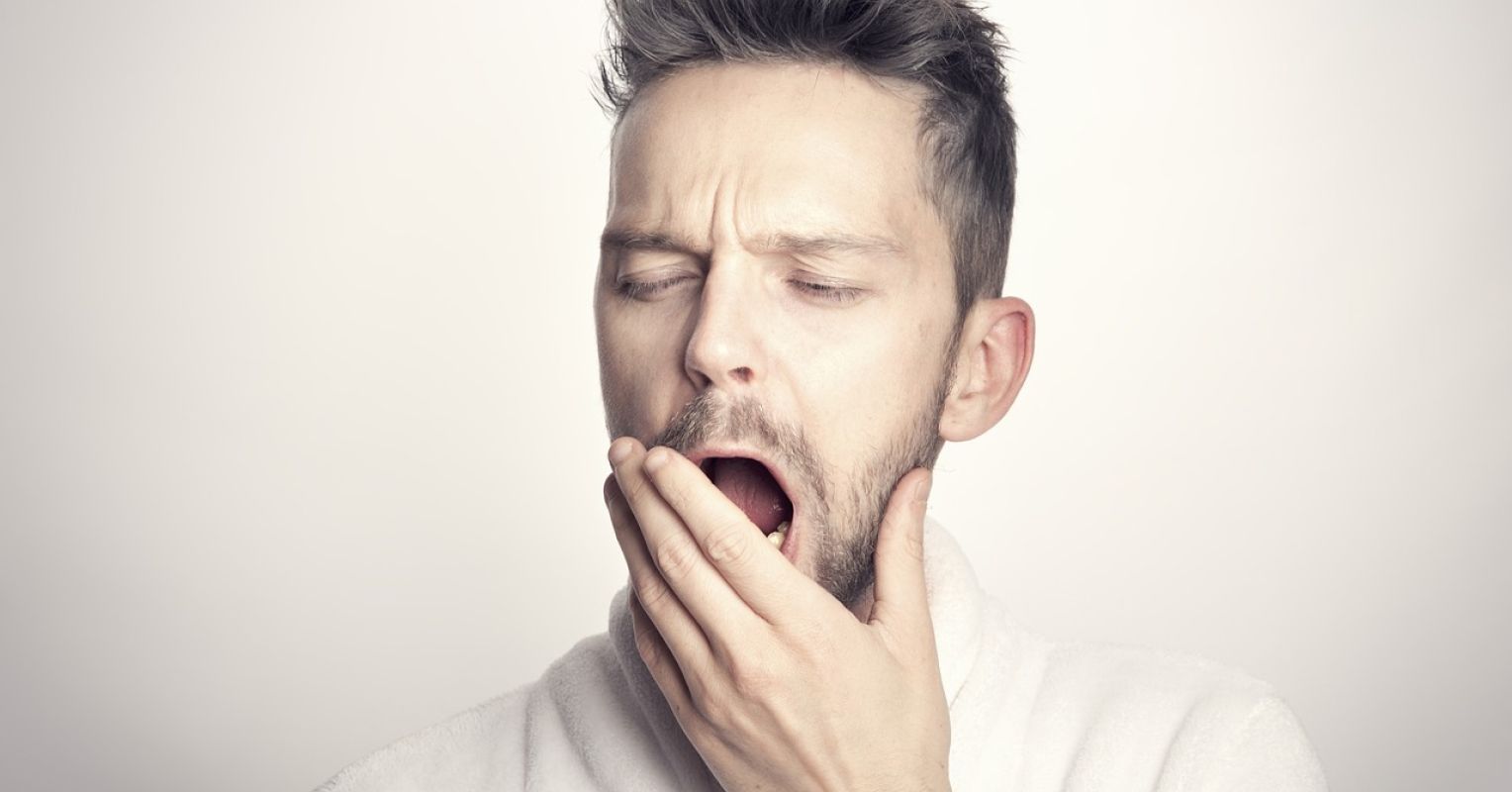Over 900 million adults globally are estimated to have obstructive sleep apnea (OSA) (1). In the United States, more than 30 million adults are affected, yet 80-90% remain undiagnosed (2). The impact of untreated sleep apnea can range from increased cardiovascular risk, diabetes, trouble managing weight, depression, excessive sleepiness, drowsy driving, etc.
Why are so many patients undiagnosed?
- Missing Non-Obese Patients. While OSA is more common in patients with obesity, those with a normal BMI can still have sleep apnea due to:
- Craniofacial differences
- Nasal passage or upper airway obstruction
- Low muscle tone
- Unstable ventilatory systems or other respiratory disturbance
- Age-related increased collapsibility of the airway
- Women Are Overlooked. “Women with sleep apnea are less likely to report snoring and more likely to present with fatigue and insomnia, leading to diagnostic delays” (Valipour et al., 2007). (3)
- Who Will Catch Them? With less two hours spent in medical school teaching about sleep medicine, primary care has limited training in sleep apnea screening. Since most patients would present with symptoms to primary care, and screening is inconsistent in this setting, sleep apnea is often missed. (4)
- Minority Disparities. African Americans are at high risk for sleep apnea, and relatedly have significant cardiovascular risk. Yet healthcare access, cultural stigma and underrepresentation in sleep research seem to contribute to only 5% of African Americans being diagnosed with sleep apnea. (5)
- Stigma. With the known correlation between obesity and sleep apnea, patients do not want to admit that they are snoring, and therefore admit that they might be struggling with weight. In the sleep field, the “psychological” challenge (moreso psychophysiological) – insomnia – is very easy for patients to talk about, and the “medical” challenge of snoring is often denied or difficult to endorse. It’s an interesting uniqueness about the sleep field, as in other healthcare arenas, patients are more apt to believe they have a physical or medical issue, and do not want to admit to Mental health-related challenges.
- Craniofacial differences
- Nasal passage or upper airway obstruction
- Low muscle tone
- Unstable ventilatory systems or other respiratory disturbance
- Age-related increased collapsibility of the airway
“I Don’t Think It’s Sleep Apnea!”
The topic of snoring stigma means that often patients end up more focused on insomnia complaints, when in fact, sometimes sleep apnea is the primary issue. As a Behavioral Sleep Medicine specialist, I’ll see patients who tell me that “I really don’t snore, I just can’t sleep”, or that “the study must be wrong” when discussing the sleep apnea findings. The issue with this denial is that there are concerning medical and quality of life impacts if patients do not accept and treat this diagnosis.
It’s important to note that unless the equipment monitoring the study was not intact effectively, or less than six hours of sleep were captured, the study was indeed likely accurate. Even if patients have insomnia, or sleep quality seems impacted the night of the study, we are still typically able to draw conclusions about the functioning of the airway and respiratory findings.
“I Want a Quick Fix!”
Another challenge is that we live in a “quick-fix”, “high-tech” society. Patients are searching for their own answers about health via technology and consumption on social media. Since it’s faster and easier to listen to a podcast with a wellness influencer, look up your sleep score through consumer devices, or grab a “key takeaway” in a TikTok video, people are not relying on healthcare in the same way they did in the past.
With the “zig-zag” patient journey to get to a sleep doctor, patients run out of patience! Society also “teases” the concept of wearing CPAP, and makes it look so much worse than it actually is! Patients are too busy looking into mouth taping, and do not know that CPAP interfaces are constantly getting more comfortable and easy to adjust to, and new treatments have come about (e.g., nerve stimulator treatment, oral appliance, GP1s, etc). They end up looking at the quickly available information accessible to them, and are left undiagnosed.
Rebranding Sleep Apnea
The challenge related is that the diagnosis and treatments for sleep apnea somehow have a “negative brand (!)”. The reality is that I’ve consistently seen that once a patient gets a proper diagnosis, and engages in treatment, many times it is life-changing. I’ve seen patients feel dramatically more alert, have more energy, improved control of mood, better quality relationships as a result, more work productivity, and improved health overall. People who have taken stimulants for years, or thought they were depressed, are amazed at how they really do not have ADHD or mood disorders; they just had untreated sleep apnea! It’s of course not always this way, but many times it is! So why not embrace the opportunity to dive into better health outcomes and improved quality of life? Why not go through screening and see if your snoring means you do have sleep apnea, and give CPAP, or your treatment a true and genuine chance?
Test the hypothesis that it’s worthwhile to take the standard pathway of getting a sleep study, and trying the treatment recommended. Get past the stigma, and desire for a quick fix, and remember that sleep doctors and sleep medicine have decades of research backing the approaches currently utilized.
Take Action
Do you feel sleepy? Has anyone told you that you snore? Get a sleep study!
Remember you won’t know if you snore — it’s quite rare to know you snore. If you have a bed partner, have them observe for snoring — and if they say you snore, get a sleep study! If you do not have a bed partner, but you feel sleepy during the day, wake with a morning dry mouth, morning headache or have ever been told you snore — get a sleep study!













